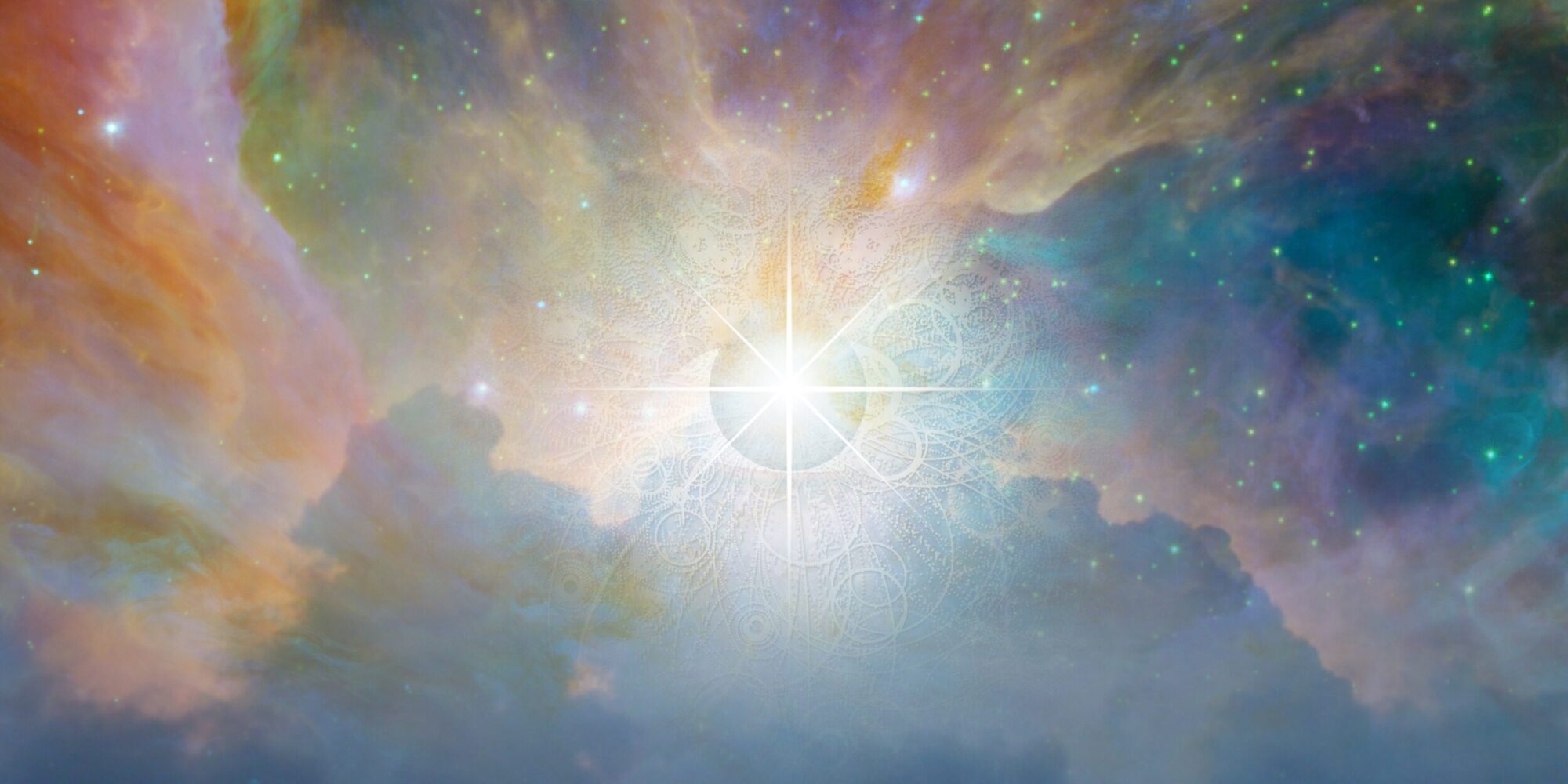God’s dark side: A review of Jung’s ‘Answer to Job’
Seeing | Depth Psychology
![]() Hans Busstra, MA | 2023-10-29
Hans Busstra, MA | 2023-10-29

As part of our book club on YouTube, Hans Busstra has made a book review of ‘Answer to Job’ by Carl Gustav Jung. Regarded by Jung as his most important work, Answer to Job is a tour de force in which classical Christian doctrine is turned upside down: Jung argued that the incarnation of Christ was not to redeem humanity for its sins against God, but to redeem God for his sin against Job. In the Book of Job it became clear to Jung that Yahweh, though omniscient, had not consulted his own omniscience, remaining ‘unconscious’ of a dark side within himself—i.e. his fallen son Satan. In the language of analytic idealism: mind at large is not meta-cognitive. In almost all of Christian theology the Book of Job is analyzed as an example of God’s mysterious ways, his unfathomable masterplan for the universe. Ergo, Job suffers purposefully, but will never be able to grasp the higher divine reason of his suffering. Yet, Jung concluded exactly the opposite: Yahweh does not have a full picture, he is an amoral force of nature ‘that cannot see its own back.’ Job is morally superior to Yahweh as he does see the inner antinomy within Yahweh. According to Jung, if held up to his own standards, Yahweh had sinned against Job, and Job subtly confronted Yahweh with this fact. This made the incarnation of Christ not a story about the redemption of humanity for its sins against God, but a redemption of God for his sin against Job. To Hans Busstra, who has a Christian background, this ‘blasphemous’ analysis of Jung made a deep impact, in a positive sense. Though it is highly unlikely that the Church will ever accept Jung’s reading, the new depth he saw in Christian mythology makes the tradition urgently relevant again for this day and age. Nature, God, Mind at Large becomes meta-cognitive through us, and this makes the human experience of crucial importance in our universe. You can watch this video also directly on YouTube.

Essentia Foundation communicates, in an accessible but rigorous manner, the latest results in science and philosophy that point to the mental nature of reality. We are committed to strict, academic-level curation of the material we publish.
Recently published
Reading
Essays
Seeing
Videos
Let us build the future of our culture together
Essentia Foundation is a registered non-profit committed to making its content as accessible as possible. Therefore, we depend on contributions from people like you to continue to do our work. There are many ways to contribute.















